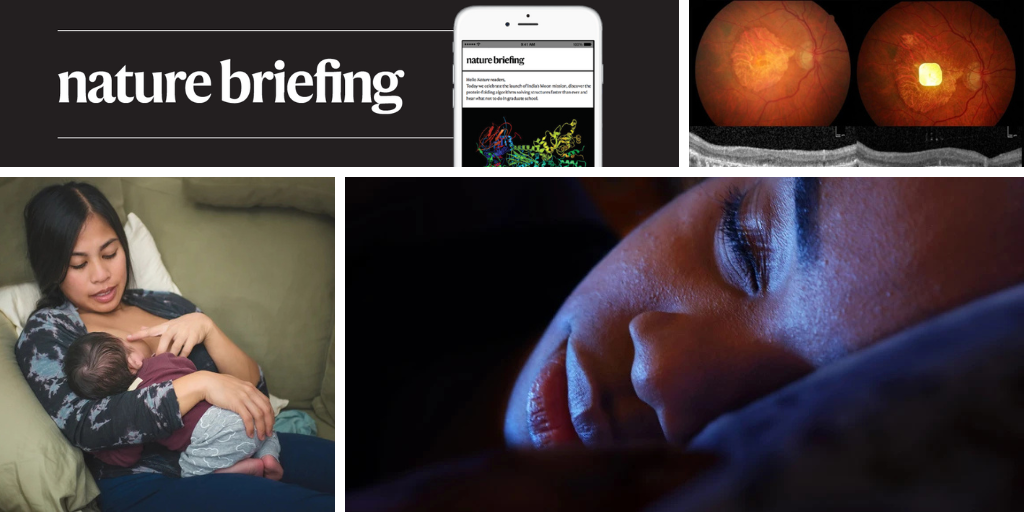
"An implant has improved the vision of dozens of people with age-related macular degeneration (AMD), the commonest form of incurable blindness in older people. The device is inserted just under the retina to replace the light-sensitive cells that have been lost to the disease. Camera-glasses capture images and transmit them to the implant, which then electrically stimulates the surviving retinal neurons. "Patients could read letters, they could read words," says ophthalmologist and trial leader Frank Holz."
"When a part of the brain has been surgically disconnected, slow, sleep-like waves persist in that area despite the person being awake - contributing to our understanding of what conscious and unconscious brain states look like. Researchers studied children with severe epilepsy who had undergone a hemispherotomy, in which the part of the brain in which seizures originate is severed from the rest of the organ. The team found that electrical activity in the isolated area slowed to rhythms called delta waves."
A wireless retinal implant placed under the retina receives images from camera-glasses and electrically stimulates surviving retinal neurons, enabling people with age-related macular degeneration to perceive letters and words after months of training. Children who underwent hemispherotomy retain slow, sleep-like delta waves in the disconnected hemisphere while awake, revealing local unconscious-like activity. Pregnancy and breastfeeding cause breast-tissue remodelling that accumulates specialized immune cells and clears damaged cells, which provides protection against breast cancer. Universities are adopting AI tools rapidly, reshaping teaching, assessment, and research workflows and prompting changes in institutional policies and practices.
Read at Nature
Unable to calculate read time
Collection
[
|
...
]